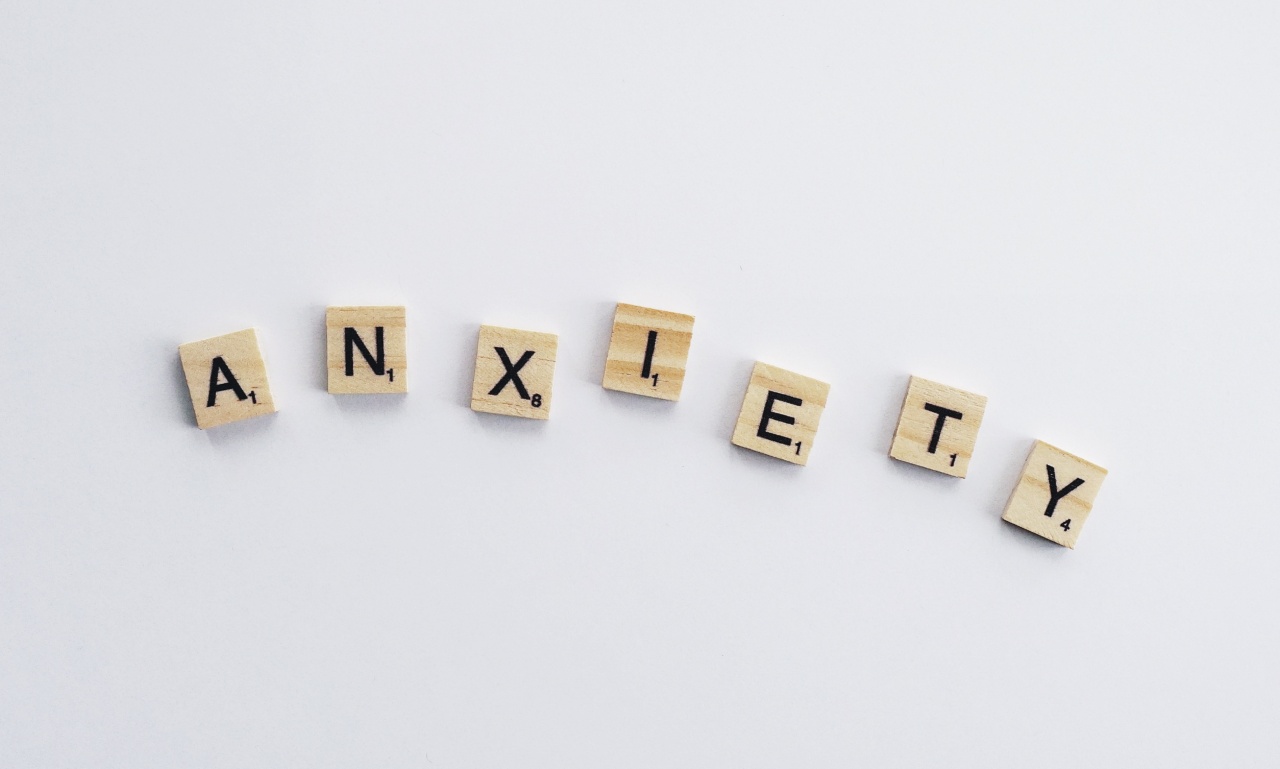Caffeine and Your Cardiovascular Health: The Facts
For many people, the day doesn’t truly begin until they’ve had their first cup of coffee. The energizing effects of caffeine make it a popular choice for keeping us alert and focused throughout the day.
However, there has been ongoing debate about the potential impact of caffeine on cardiovascular health. In this article, we will examine the facts surrounding caffeine and its effects on the heart and overall cardiovascular system.
Understanding Caffeine
Caffeine is a natural stimulant that is found in various plants such as coffee beans, tea leaves, and cacao pods. It belongs to a group of compounds called xanthines, which have a stimulating effect on the central nervous system.
The Effects of Caffeine on the Body
When consumed, caffeine is rapidly absorbed into the bloodstream and can reach peak levels within 30 to 60 minutes.
It acts as an adenosine receptor antagonist, which means that it blocks the binding of adenosine, a compound responsible for promoting relaxation and sleepiness.
By blocking adenosine, caffeine increases alertness and reduces drowsiness. It also stimulates the release of adrenaline, a hormone that prepares the body for physical exertion by increasing heart rate, blood pressure, and blood flow to the muscles.
The Link Between Caffeine and Blood Pressure
One of the main concerns regarding caffeine consumption is its potential impact on blood pressure. Several studies have examined the relationship between caffeine intake and blood pressure levels.
A meta-analysis of randomized controlled trials found that acute caffeine consumption can cause a moderate increase in blood pressure, but this effect is usually temporary and tends to diminish with regular use.
The increase in blood pressure is more significant in individuals with hypertension or when consumed in large amounts.
It is important to note that the increase in blood pressure caused by caffeine is generally mild and temporary. For most people, this increase is well within the normal range and not a cause for concern.
Caffeine and Heart Rhythm
Another area of concern is the potential impact of caffeine on heart rhythm, specifically the risk of arrhythmias. Arrhythmias are abnormal heart rhythms that can range from harmless to potentially life-threatening.
Research suggests that moderate caffeine consumption is not associated with an increased risk of arrhythmias in individuals with healthy hearts.
However, some individuals with underlying heart conditions or predisposition to arrhythmias may be more sensitive to the effects of caffeine.
Caffeine and Cardiovascular Diseases
There is no clear evidence to suggest that moderate caffeine consumption increases the risk of cardiovascular diseases such as coronary heart disease or stroke.
In fact, some studies have even suggested a potential protective effect of moderate caffeine intake against heart disease.
However, excessive caffeine intake, especially from energy drinks or high-dose supplements, can have detrimental effects on the cardiovascular system.
These high doses of caffeine can cause palpitations, increased heart rate, and in rare cases, even lead to heart attacks or life-threatening arrhythmias.
Caffeine and Sleep
Caffeine’s stimulating effects can interfere with sleep, especially when consumed in large amounts or close to bedtime. Poor sleep quality and duration are associated with an increased risk of cardiovascular diseases.
It is generally recommended to limit caffeine intake in the late afternoon and evening to promote better sleep and overall cardiovascular health.
Individual Sensitivity to Caffeine
It’s important to recognize that individuals may have different sensitivities to caffeine. Some people may be more susceptible to its stimulating effects or experience greater increases in blood pressure or heart rate.
If you are particularly sensitive to caffeine or have any underlying cardiovascular conditions, it’s advisable to discuss your caffeine consumption with a healthcare professional to determine the appropriate level of intake for you.
Conclusion
In summary, caffeine is a widely consumed natural stimulant that can have both positive and potentially negative effects on cardiovascular health.
Moderate caffeine consumption is generally safe for most individuals and may even have some protective effects against certain cardiovascular diseases.
However, excessive caffeine intake, especially in individuals with underlying heart conditions, can lead to adverse effects on heart rhythm and increase the risk of cardiovascular events.
As with any dietary component, it’s important to be mindful of your caffeine intake and to listen to your body.
If you have any concerns or questions about how caffeine may be affecting your cardiovascular health, consult with a healthcare professional.





























